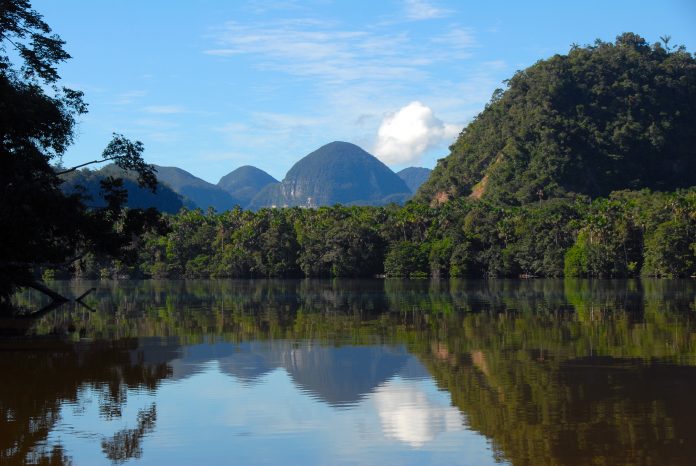This article was originally written in Sports Sustainability Journal by Matthew Campelli.
Ecosphere+, the natural climate solutions company, is encouraging sports clubs to reduce their residual footprint and engage fans by investing in carbon offsetting projects
If every team in the English Premier League added a single penny to its ticket price for every match to offset carbon for a season, it would have the same impact as protecting 1,000,000 trees, taking nearly 6,000 cars off the road for a year and rebalancing the energy use of 5,000 homes annually.
That’s according to Ecosphere+, part of Althelia Climate Fund – the largest privately-held impact fund in the land-use investing space – which helps companies invest in the protection of forest areas and communities in order to rebalance their emissions. And now it has the sport sector in its sights.
Talking to SSJ, Ecosphere+ chief executive Lisa Walker said that if sports clubs added negligible amounts on to ticket prices or merchandise and ploughed that money into one of its forest protection projects, the impact would be “huge”.
“We’re always told about how many football fields worth of land is deforested every minute. Imagine if a sports team could demonstrate saving football fields worth of forests,” she said.
“If you think about sport, there’s often a huge residual footprint from fans travelling. Some stadiums feed more than a million people per year – this all falls into the category of unavoidable emissions,” she explained. “When you put a price on carbon it makes those emissions visible and then there’s a huge incentive to reduce them.
“Even if clubs do everything they can on energy efficiency, sustainable sourcing, renewable energy and using deforestation-free products, that huge residual impact is still there.”
Sports clubs wanting to decrease that residual footprint can work with Ecosphere+ by investing in a range of projects: the protection of 586,000 hectares of threatened forest in the Tambopata National Park Reserve in Peru; the conservation of 3.7 million hectares of land in Cordillera Azul, also in Peru; and the stewardship of the Guatemalan Caribbean coastline, which is home to almost 10% of the world’s known species.
Walker, who spent 17 years of her career implementing sustainable practices in the oil and gas industry, said that companies investing in the forest protection projects represented by Ecosphere+ also contributed to social development in the Latin American nations they were based.
This means that by getting involved, organisation don’t only have the opportunity to report a net lower emissions footprint, but also be part of life-changing CSR projects that many large companies (and sports clubs) want to be involved in.
Indeed, Ecosphere+ has recently secured its first sports-based client – a new stadium and complex development in Europe that wants to bring in carbon pricing and an app to engage fans and customers about their offsetting work.
And Walker said the company was working to bring other “innovative models” to smaller sports teams, and highlighted a project Ecosphere+ integrated for ice cream maker Ben & Jerry’s as an example.
“If you go into the London store a scoop of ice cream has a 1p carbon price, and the sum of all those pennies is invested into forestry carbon reduction projects. They also engage customers on climate action by asking them if they want to pay an extra voluntary price on carbon,” she said.


